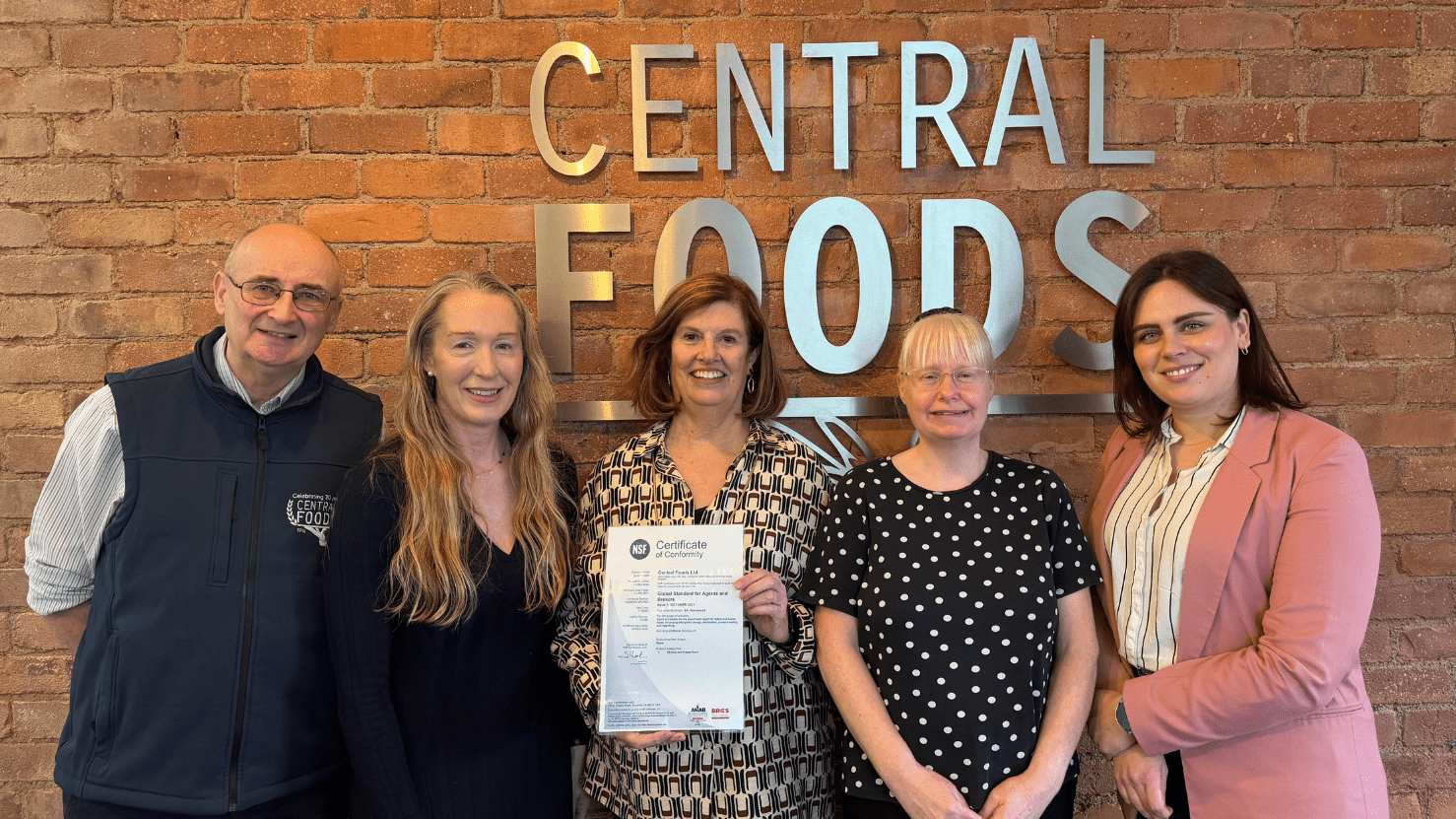People make a will to remove uncertainty around their final wishes, but under English and Welsh law, others can challenge its contents.
Only a small percentage are formally contested and a smaller number result in a successful challenge.
In England and Wales, it can be difficult to prevent someone contesting a will. However, there are certain steps you can take to reduce the risk.
The number of people contesting wills seems to be rising slightly, with an estimated 10,000 people in England and Wales disputing a will every year.
People can contest a will for many reasons. From greed to disappointment, the emotional motivators for challenging someone’s final wishes are wide ranging.
In law, there are two grounds upon which to make a challenge to the distribution of an estate:
- Alleging that the will is not valid.
- Alleging that the will does not make reasonable financial provision. This person must have the right to make a claim under the Inheritance (Provision for Family and Dependants) Act 1975.
Although there is no certain way to stop someone else contesting a will, precautions can make it less likely. Here are three key steps to reduce the risk of somebody contesting your will:
Make sure the will is valid with a legal professional
This sounds simple, and it is. There is no substitute for a legal professional. Firstly, this is because they will draft a legally valid will. Using a professional guarantees adherence to the due process. For example, you must be over 18, of sound mind and free of any undue influence. You must also execute your will in the presence of two independent witnesses who are not beneficiaries. A legal professional will confirm that you understood and approved the terms of your will.
Secondly, a professional can bring to your attention issues that may leave your will vulnerable. This means you can work out how to avoid potential challenges ahead of time. Possible issues may include vague wording and unexplained omissions.
Thirdly, a professional will make detailed attendance notes. These notes could become vital should your will ever undergo a challenge. They can serve as a record of your wishes and the state of your mental capacity when making the will. By assuring future courts of your sound mind, these notes reduce the grounds for contesting your will.
Include a clear explanation of your decision making
In addition to a legal professional’s notes, a letter of wishes can support your will. If anyone mounts a challenge to its contents, a clear explanation of all decision making in your own words can be a major help.
Including your thought processes can provide clear context to your will. That way, a court can understand the decisions you have made if someone is challenging the validity. It can help defend your estate against litigation by removing possible reasons for a challenge.
An explanation for your decisions can be either included within the will itself or in a side letter. Remember that a will becomes a public document after the granting of probate. Therefore, think carefully about the emotional impact of taking that route.
Update your will regularly
A will is an expression of your wishes after your death. Of course, these wishes can change over time.
It is a good idea, therefore, to review your will regularly. This allows you to check that it still matches your intentions. It also enhances your will’s validity by proving that its contents are up to date.
Moreover, when you make a new will, you should also destroy any physical copies of any previous wills. Although a new will automatically revokes any previous wills, destroying them ensures there can be no confusion in future.
There is no guaranteed safeguard against having your will contested. But enlisting the help of a dedicated solicitor can give your will the best possible chance of going unchallenged.
If you are thinking about making your will or are concerned that your will could be contested, get in touch with a member of our team.
Contact the Woodfines Solicitors team at regulatory&disputeresolution@woodfines.co.uk or visit their website.
Solicitor
Woodfines Solicitors



















